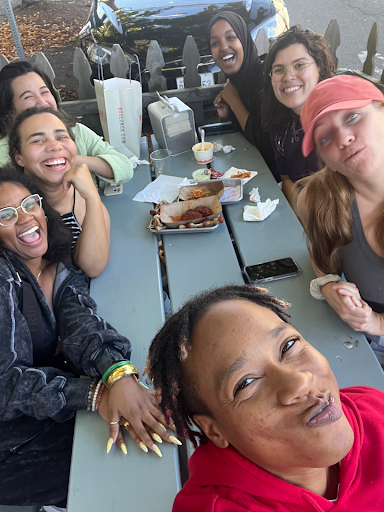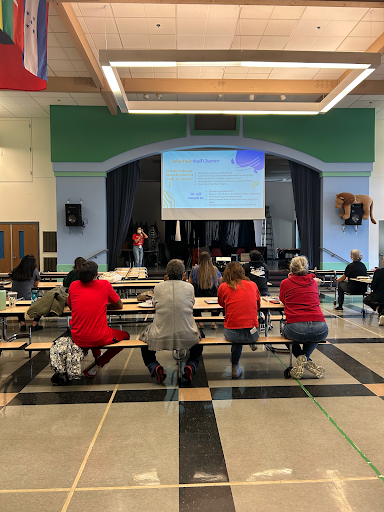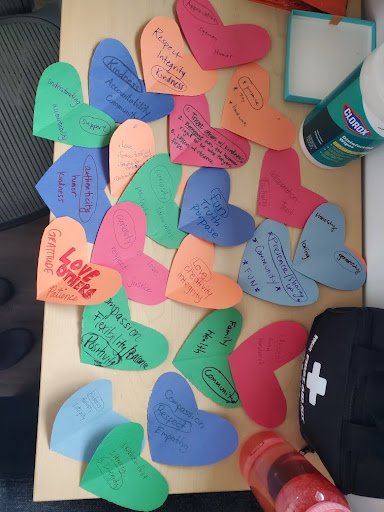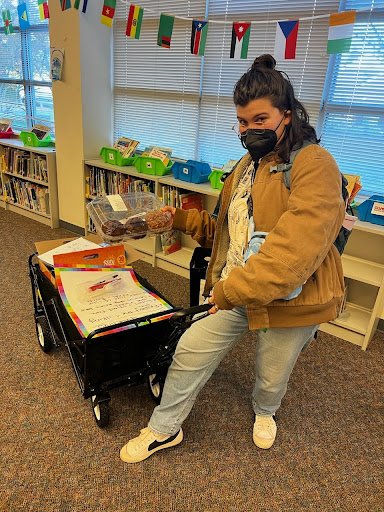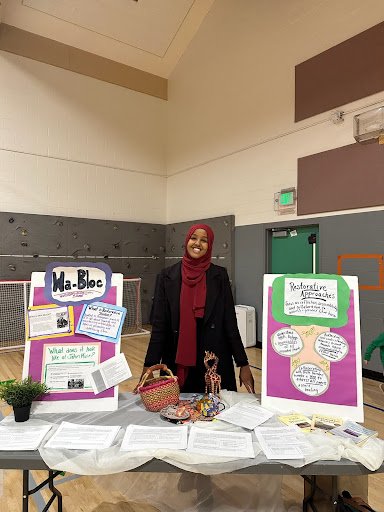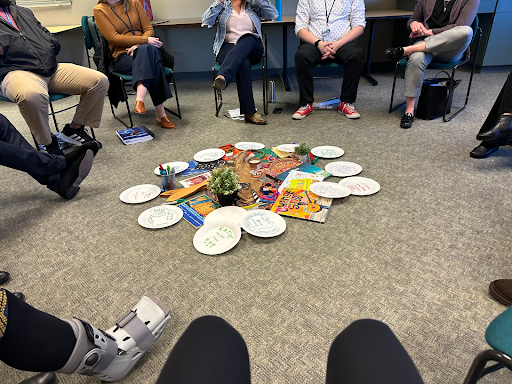Building Restorative School Communities in Seattle Public Schools
This school year marks a significant moment for WA-BLOC: after five years of creating and supporting the implementation of whole-school Restorative Practices at/with Emerson Elementary School, (and previously Rainier Beach High School) we have expanded to provide site-based support for five additional elementary schools in our Southeast/central Seattle neighborhood this year to become restorative school communities!
What does this mean?
For WA-BLOC, this means much more than providing one-off trainings for principals or educators. And it is much more complex than facilitating a turn-key program curriculum with all the educational buzzwords. Whole-school implementation of Restorative Practices is a gradual process of working to shift school culture and climate on the continuum from retributive to restorative. It is a multi-year effort that requires working collectively with building leaders, staff, students, and families to build an environment in which everyone feels significant, safe, and like they belong. (hint hint, it takes time and is unique to each school community!)
To make the shift gradually and sustainably, we move at the speed of trust and with incredible intention to help build a school’s capacity and skills for Restorative Practices. In the first year of partnership, this means that we take time to get to know the school and assess their needs. We offer uniquely tailored support to that school’s context, establishing relationships and building buy-in from staff and students, and modeling the building of strong positive relationships rather than defaulting to punitive discipline (what is commonly referred to as Tier 1 Practices).
We take great care in establishing values-aligned school partnerships that are rooted in healing and justice for students. We commit to walking alongside and being part of each of the school communities we are serving. This looks like many things at each of our new five school sites, but this October it looked like:
holding grief circles for staff and students after experiencing a traumatic event,
holding dozens of circles for staff at the beginning of the school year to help them establish values and guidelines for how they want to feel and treat one another,
attending Curriculum nights and sharing restorative practices with families that they can create at home,
modeling community-building circles for teachers in their classrooms and supporting them in creating student leadership opportunities in their classrooms,
providing lots of snacks and other acts of care and appreciation to staff and students
bringing goofiness, joy, and energy into training spaces and leading games for staff and students to get to know each other,
participating in school committees championing Restorative Justice (RJ) work and helping create new systems/policies that are restorative
and so much more!
I hear you talk about Circles…What is a Circle and how is it related to Restorative Justice?
“In circle, no one is more important or has more rights or power than anyone else; even if they choose not to speak, no one is invisible.”
Circle practice is a peacemaking tool used by restorative justice practitioners and educators to build relationships through the sharing of thoughts, ideas, opinions, and stories. Peacemaking, or some form of it, is found among many different tribes and reflects each tribe’s unique culture, religion, and collective experiences that focus on healing and reparation. WA-BLOC’s practice is passed down from the Tagish and Tlingit who are First Nations peoples of what we know to be southern Alaska and the Yukon territory of Canada.
Circle practice builds relationships through storytelling and provides staff and students opportunities to create spaces of meaning and significance together. In schools, we use the circle process to proactively build a positive community and repair harm done to that community. We believe circles are a vital and tangible tool for school communities to build empathy, relieve tension, and take collective responsibility for improving school climate and culture.
In the coming months, we look forward to introducing and highlighting each of our school partners and the unique ways they are building and experiencing restorative practices in their respective communities!

